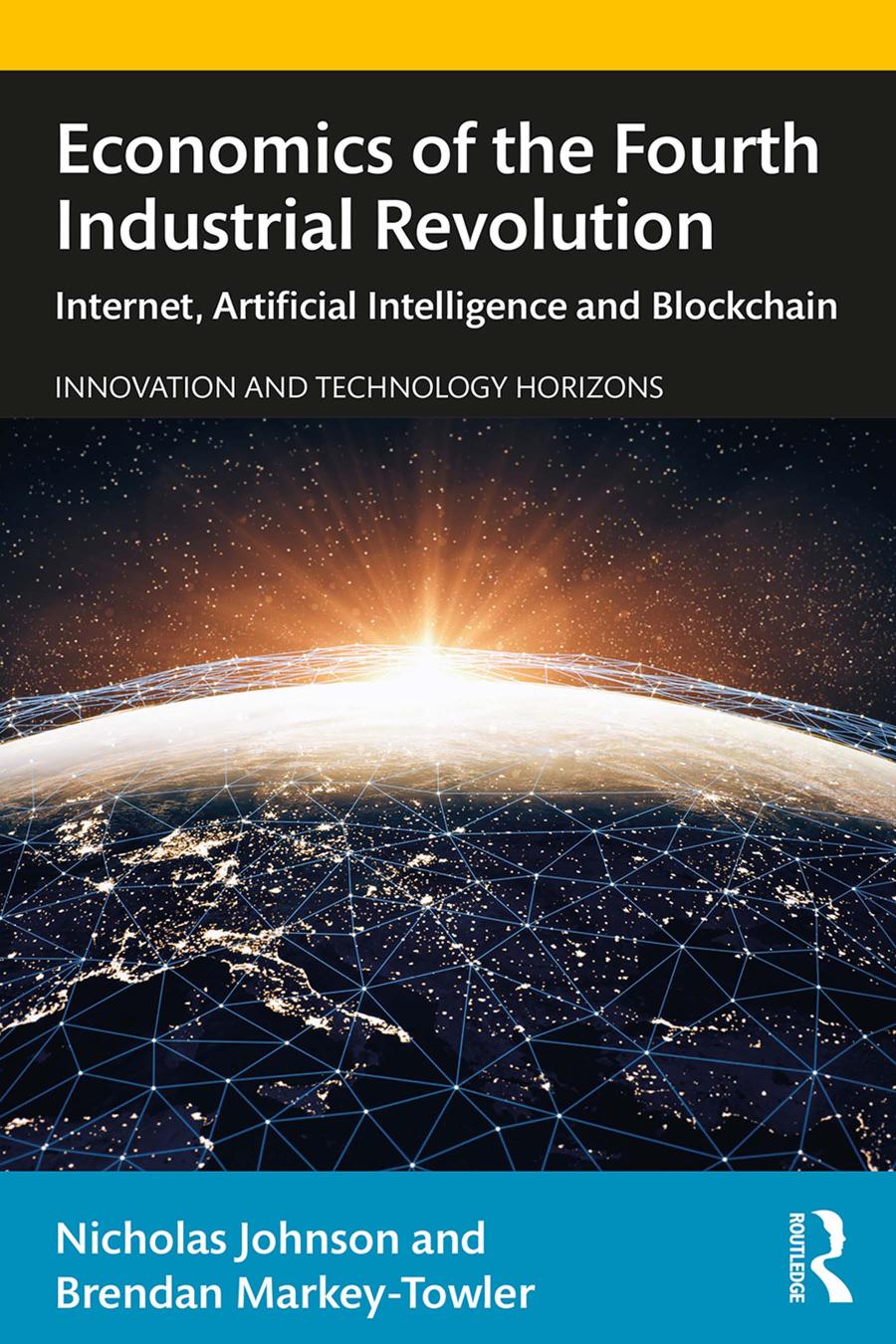

Most ebook files are in PDF format, so you can easily read them using various software such as Foxit Reader or directly on the Google Chrome browser.
Some ebook files are released by publishers in other formats such as .awz, .mobi, .epub, .fb2, etc. You may need to install specific software to read these formats on mobile/PC, such as Calibre.
Please read the tutorial at this link: https://ebookbell.com/faq
We offer FREE conversion to the popular formats you request; however, this may take some time. Therefore, right after payment, please email us, and we will try to provide the service as quickly as possible.
For some exceptional file formats or broken links (if any), please refrain from opening any disputes. Instead, email us first, and we will try to assist within a maximum of 6 hours.
EbookBell Team

5.0
50 reviewsThis book applies cutting-edge economic analysis and social science to unpack the rich complexities and paradoxes of the Fourth Industrial Revolution. The book takes the reader on a bold, refreshing, and informative tour through its technological drivers, its profound impact on human ecosystems, and its potential for sustainable human development. The overarching message to the reader is that the Fourth Industrial Revolution is not merely something to be feared or survived; rather, this dramatic collision of technologies, disciplines, and ideas presents a magnificent opportunity for a generation of new pioneers to rewrite "accepted rules" and find new avenues to empower billions of people to thrive. This book will help readers to discern the difference between disruption and transformation.
The reader will come away from this book with a deeply intuitive and highly contextual understanding of the core technological advances transforming the world as we know it. Beyond this, the reader will clearly appreciate the future impacts on our economies and social structures. Most importantly, the reader will receive an insightful and actionable set of guidelines to assist them in harnessing the Fourth Industrial Revolution so that both they and their communities may flourish.
The authors do not primarily seek to make prescriptions for government policy, but rather to speak directly to people about what they can do for themselves, their families, and their communities to be future-proofed and ready to adapt to life in a rapidly evolving world ecosystem.